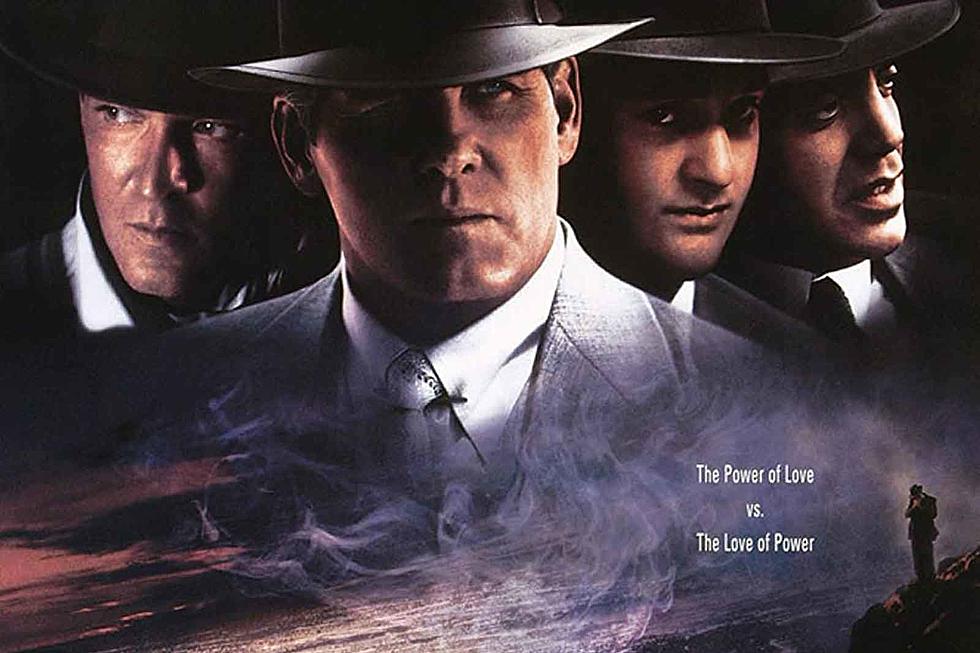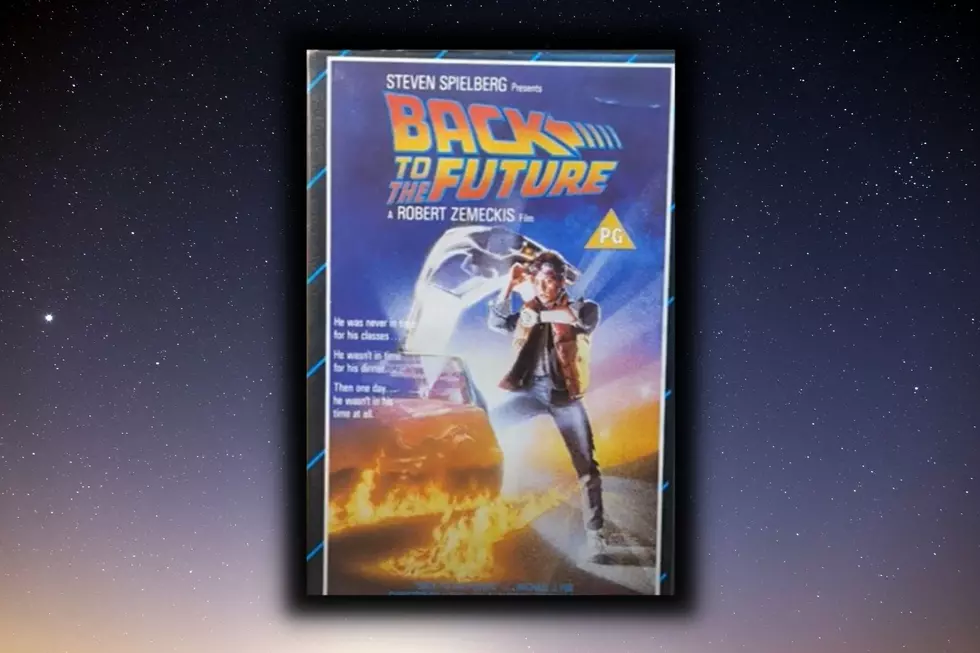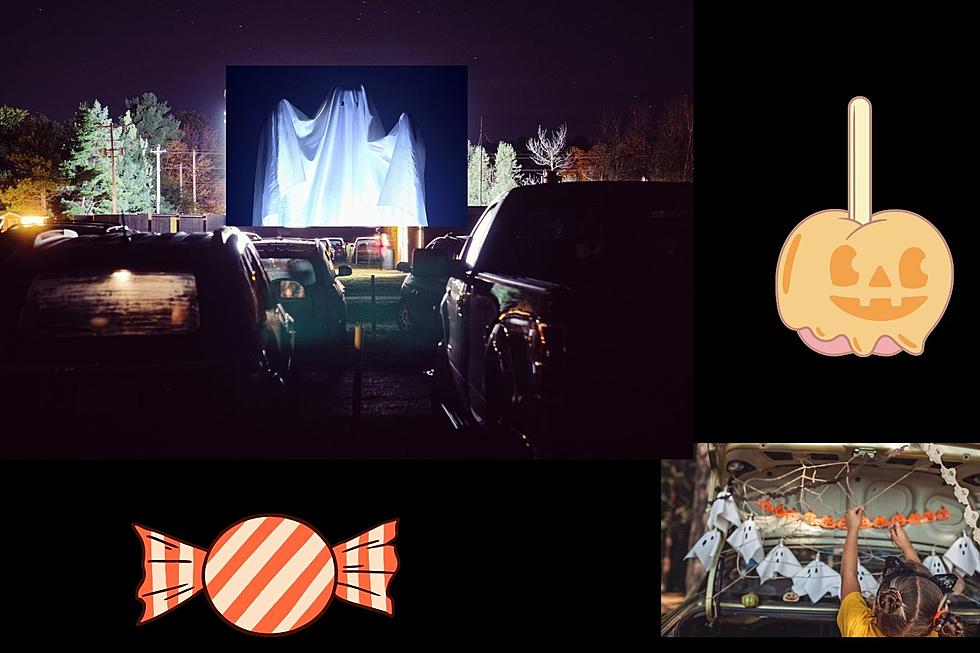
25 Years Ago: ‘Mulholland Falls’ Fumbles Away Its Talent
The lure of the noir crime film is so strong that it can feel like sooner or later every filmmaker is going to take a shot at making one and every actor is going to try to be in one. Often this turns out well, but sometimes you get a movie like Mulholland Falls, which manages to squander virtually every bit of its enormous talent.
The film, which premiered on April 26, 1996, was the brainchild of writer Pete Dexter, notable for his novel Paris Trout, which won the National Book Award in 1988, and also for almost being killed in a bar fight alongside ex-boxer and Hollywood tough guy Randall "Tex" Cobb.
With this kind of writing acumen behind it, one would think Mulholland Falls would have a great chance at success, even before it comes to the actors it enlists. Nick Nolte stars – and was there ever a better actor for playing a tough but heartbroken cop? The other members of his special unit on the L.A.P.D. are played by Chaz Palminteri, Michael Madsen and Chris Penn, all of them great actors and perfectly cast as unrepentantly violent '50s cops.
Melanie Griffith plays Nolte's wife, while Jennifer Connelly is the tragic young beauty who gets chewed up by the nefarious bad guys' machinations. Andrew McCarthy plays Griffith's best friend, Treat Williams and Bruce Dern pop up in supporting roles, Rob Lowe, Aaron Neville, Louise Fletcher and William Peterson make brief appearances, Kyle Chandler and Titus Welliver show up at the beginning of their careers and the main villain is played by John Malkovich.
As the saying goes, you could film all that talent drinking coffee and probably find an interesting movie. And there's more! Mulholland Falls was photographed by Haskell Wexler, who was recognized as one of the10 most influential American cinematographers of all time in 2003 by the International Cinematographers Guild. And it was edited by the legendary Sally Menke, who cut Quentin Tarantino's first five films, among many others.
With all of this support in front of and behind the camera, director Lee Tamahori should have been able to muster up a successful movie. But he didn't.
The plot involves, in the grand noir tradition, a mystery about a beautiful dead girl in Los Angeles. In the first act, Max Hoover and his squad of tough cops (Nolte and his pals) find the body of a girl named Allison Ponds (Connelly) crushed into the ground at a construction site. Hoover is unusually distraught, and it's immediately clear to everyone – his friends as well as the audience – that he had been sleeping with her. Things get even worse when Hoover discovers that Allison's best friend Jimmy (McCarthy) lived in the apartment next door to her and was secretly filming her sexual escapades, including those with Hoover.
Eventually, Hoover tracks down Jimmy and discovers another film reel, which shows the girl consorting with a retired Army general and nuclear-testing bigwig named Thomas Timms (Malkovich). It's clear Timms was responsible for her death, and he admits as much when Hoover goes to see him. It turns out that Allison took film footage of soldiers suffering from radiation poisoning on a visit to Timms' base. This was verboten, and Timms' second in command (Williams) threw her out of a plane to prevent her from revealing what she knew.
You might think this sounds like a great plot for a movie, and you would be right, except for the fact that virtually everything about its execution goes wrong.
The primary culprit is that there's no real mystery to pull us through. The credit sequence at the opening shows us, in an astounding lapse of filmmaking judgment, General Timms consorting with Allison Ponds in what is clearly secretly recorded footage. Which is to say that as soon as we see Allison's body 10 minutes later, we immediately suspect that the guy she was having illicit sex with during the credits probably killed her. And we're right.
Watch the 'Mulholland Falls' Trailer
The rest of the plot proceeds in an equally ill-advised manner, systematically destroying suspense by giving away every key detail ahead of time and barely making sense at points. (For example, Allison's friend Jimmy is supposed to be the one making the secret videos without her knowledge, except that the most important one was apparently shot by ... Allison herself?)
On top of this, the dialogue verges on being almost laughably bad at times. It strives for the Tarantino-esque effect of characters engaging in clever conversations about things other than the plot, but it fails to make the characters clever or funny. It's also full of portentous lines about how the few have to die for the sake of the many, which bears almost no relationship to what's happening onscreen.
On the more technical side of things, the set decoration is rarely convincing – they keep insisting the story takes place in the '50s, but we never really believe it – and almost every scene is overlit, giving the proceedings a bright, almost cartoonish feel. The result of all this is a movie that moves slowly, has no tension and never manages to generate interest in either the characters or the time period.
Despite its failings, what's fascinating about Mulholland Falls is the way it reveals so clearly the allure and traps of the noir genre. The allure comes from tough guys finding themselves involved in mysteries that implicate their own moral and romantic personas, and from the connection of these mysteries to larger social issues. The violence and pain exist on personal levels – the hero beats up people and gets beat up, and more often than not hearts are broken – but the implications of the story extend upward to things that affect us all.
Mulholland Falls tries for all of this. Hoover's affair with Allison Ponds destroys his marriage, and his pursuit of her killer wrecks his team of buddies. And it's all tied into the early days of nuclear-weapons testing, which would forever alter our society.
But somewhere along the way, the filmmakers forgot the basics. To make a mystery you actually have to have a mystery. To have tough guys spitting witty dialogue, you have to have witty dialogue. And to show us the perils and debauchery of an earlier time period, you have to convince us that what we're watching really takes place in that time period.
It's not enough to just hire the most talented actors you can and hope they'll carry you through. Just ask Mulholland Falls.
The Best Rock Movie From Every Year
More From KLUB Tejano 106.9
![Scariest Movies Filmed in Texas! [With Trailers]](http://townsquare.media/site/202/files/2022/10/attachment-Google-Maps.jpg?w=980&q=75)




![The 10 Weirdest Movies Filmed In Texas [With Trailers]](http://townsquare.media/site/442/files/2020/04/movie-theater-popcorn.jpg?w=980&q=75)




